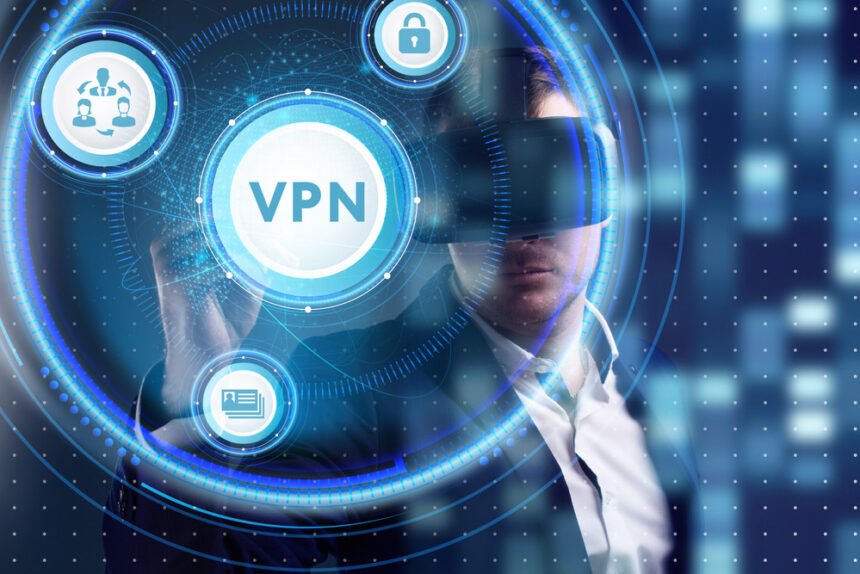This summer, a major report on data breaches was released. This report was more concerning than most other reports on data breaches, because it turned out that several free VPN providers had been the target.
According to the Sydney Morning Herald, more than 20 million users were affected by the data breach and over 1 billion records were exposed. This was one of the most concerning data breaches in modern history.
Free VPNs Are a Terrible Risk to Data Privacy
When you sign up for a VPN service, ultimately it is because you are concerned about privacy. Maybe your ISP doesn’t necessarily need to be aware of your internet usage history. After all, companies such as Comcast are not only closely scrutinizing what websites their customers visit; they also commonly sell this information to advertisers. Then, there is the issue of internet streaming services, throttling data, and plain and simple peace of mind. So, when it comes to VPNs, you have either free or paid options. Learn why free VPNs are not so good if your goal is to maintain any semblance of privacy.
Free VPN Services Make Money Off Your Data Plan
To fully understand how free VPNs make use of your existing ISP internet data plan, first you’ve got to know how VPNs work in the first place. What a VPN, or virtual private network is, is a means of rerouting internet traffic through a closed network that prevents anyone from knowing what you are doing on the web. So, when you regularly use the internet, you sign in through your ISP and go from there. Everything from your email, banking, and social media information can be at risk, even if you have a firewall and virus protection setup. That’s basically what can happen with free VPN services as well. Your ISP network can be accessed by free VPN service providers, and your data plan can be used for other users to surf the web. This is a terrible reality, as you have no control over how they are using the web but their history might actually be reflected as being yours. Honest VPN reviews can help you figure out which companies to trust. Use a trusted VPN so that you can be safe on the web.
You’re Probably Still Being Spied On
You are at a high risk of data being exposed if you don’t protect it adequately. In order to understand the risks associated with data breaches, you need to understand how you might be spied on.
Think of how the telephone works. You pick up your end of the telephone, dial a number, and are hopefully connected to the caller you want to speak to. Your line might seem secure, but theoretically, someone could tap in and listen to every word you say. And that is honestly the best-case scenario of what can happen if someone were able to tap into your phone line. What’s worse is when someone potentially can gain access to your phone, then use your number to dial out, making calls as part of a scam, or even in an attempt to impersonate you. What free VPNs do is save all of your online activity and sell it off to advertisers, sometimes placing ads on every website that you visit. If the purpose of using a free VPN is to keep your internet activity private, then you are definitely not going to get your money’s worth.
Users Have Few if Any Customized Options
While using a VPN, you may want to customize your plan so that multiple devices can be used at the same time. There are many other reasons for wanting customized VPN options, but the fact of the matter is that free VPNs just don’t have that many features. Expect to be stuck with whatever is offered if you go with a free VPN company.
All Your Internet Usage History Gets Saved on a Company Cloud
While using virtually any free VPN service provider, know that you will have no idea how your data gets collected, and possibly saved. Your activity might actually be saved online via a company cloud, which have been known to be very unsecure. This is likely the most cost-effective way for free VPNs to treat user data packets, which isn’t a very good method for maintaining privacy.
Free VPN Services Tend to be Slow
In and of itself, VPN service speed is not a huge privacy issue. However, take into consideration what it means when you combine it with other issues. Faster speeds tend to mean better and more stable internet connections. When you use a free VPN, you are entrusting that service to safeguard your data, keeping it secure as it communicates with other servers all across the world. Unfortunately, free VPNs are most highly concerned with making a buck first, and everything else second. Since they aren’t getting paid via their customers, they have to find other more creative ways to be profitable. And sacrificing both speed and security seems to be the solution for them.
If you use the internet regularly, then you probably need a VPN in this day and age. It isn’t fair that the ISPs, and now, free VPNs, get to profit from selling your internet history. Use a VPN that will keep you secure and prevent your ISP from throttling your data, all without being bombarded by ads. Think of using a reliable and vetted VPN as going back to the old days, when people used the internet with a lot more impunity.
Avoid Free VPNs for Sufficient Data Privacy
Data privacy is a growing concern for most people. You need to make sure that you avoid using any technology that puts your data at risk. The risks listed above illustrate why VPNs are terrible for data privacy.







